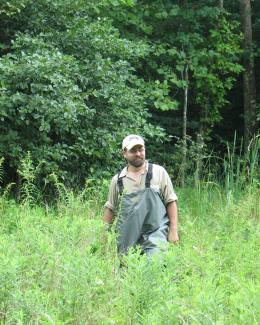Abstract
Atmospheric CO2 concentration is increasing, largely due to anthropogenic activities. Previous studies of individual free-air CO2 enrichment (FACE) experimental sites have shown significant impacts of elevated CO2 (eCO2) on soil microbial communities; however, no common microbial response patterns have yet emerged, challenging our ability to predict ecosystem functioning and sustainability in the future eCO2 environment. Here we analyzed 66 soil microbial communities from five FACE sites, and showed common microbial response patterns to eCO2, especially for key functional genes involved in carbon and nitrogen fixation (e.g., pcc/acc for carbon fixation, nifH for nitrogen fixation), carbon decomposition (e.g., amyA and pulA for labile carbon decomposition, mnp and lcc for recalcitrant carbon decomposition), and greenhouse gas emissions (e.g., mcrA for methane production, norB for nitrous oxide production) across five FACE sites. Also, the relative abundance of those key genes was generally increased and directionally associated with increased biomass, soil carbon decomposition, and soil moisture. In addition, a further literature survey of more disparate FACE experimental sites indicated increased biomass, soil carbon decay, nitrogen fixation, methane and nitrous oxide emissions, plant and soil carbon and nitrogen under eCO2. A conceptual framework was developed to link commonly responsive functional genes with ecosystem processes, such as pcc/acc vs. soil carbon storage, amyA/pulA/mnp/lcc vs. soil carbon decomposition, and nifH vs. nitrogen availability, suggesting that such common responses of microbial functional genes may have the potential to predict ecosystem functioning and sustainability in the future eCO2 environment.


